American World 100m champion Christian Coleman has his two-year ban reduced by the Court of Arbitration for Sport (CAS).
Coleman, who won the Doha 2019 World Championships 100m title, will now serve 18 months and not the entire two years for whereabouts violation.
CAS, in a release, said its “panel determined that an 18-month period of inedibility was the appropriate sanction in the circumstances.”
Coleman argued his December’s missed test could have been avoided if the person visiting had called him as he was close by at a store.
CAS agreed with Coleman that the Doping Control Officer should have called.
“…. had the Athlete been called by the Doping Control Officer, he would have been able to return to his apartment during the 60-minute window, and a test would have been concluded,” CAS said in a release.
He had missed tests on January 16th, 2019 and April 26th, 2019.
CAS FULL RELEASE:
Lausanne, 16 April 2021 – The Court of Arbitration for Sport (CAS) has issued its decision in the appeal arbitration procedure between the American sprinter Christian Coleman and World Athletics relating to the decision issued by the Athletics Integrity Unit on 19 December 2020 (the Challenged Decision) in which Christian Coleman was found guilty of committing an Anti-Doping Rule Violation under Article 2.4 of the World Athletics Anti-Doping Rules (three Whereabouts Failures within a 12- month period) and a 24-month period of ineligibility was imposed on him.
Christian Coleman’s appeal was partially upheld and he will serve a reduced period of ineligibility of 18 months as from 14 May 2020.
The CAS Panel in charge of the matter, composed of Mr James Drake QC (UK), President, Mr Jeffrey Benz (USA) and Prof. Ulrich Haas (Germany), arbitrators, held a hearing with the parties by video- link on 15 February 2021.
In coming to its decision, the CAS Panel determined that Christian Coleman had indeed committed an Anti-Doping Rule Violation under Article 2.4 of the World Athletics Anti-Doping Rules, but found the athlete’s degree of negligence to be lower than that established in the Challenged Decision: the Athlete was not at home during the 60-minute time slot on the day of the out-of-competition doping control (9 December 2019), as he should have been, and the Athlete should have been on ‘high-alert’ on that day, given the two existing whereabout failures against him. On the other hand, however, had the Athlete been called by the Doping Control Officer, he would have been able to return to his apartment during the 60-minute window and a test would have been concluded. Although a telephone call during the 60-minute window was not required by the rules, it was nevertheless reasonable for the Athlete to expect such a call, as a matter of standard practice among other Doping Control Officers.
In conclusion, the CAS Panel determined that an 18-month period of ineligibility was the appropriate sanction in the circumstances.
We want to hear from you, but before you do, HIT the share buttons below to share this and other stories with friends.
Join our lively discussion by leaving a comment below. Also, join OUR Message Boards (FORUM) for more discussions —- Please remember to follow us on social media – subscribe to our social media pages –
![]() Trackalertstv
Trackalertstv ![]() Trackalerts
Trackalerts ![]() Trackalerts
Trackalerts ![]() Trackalerts
Trackalerts


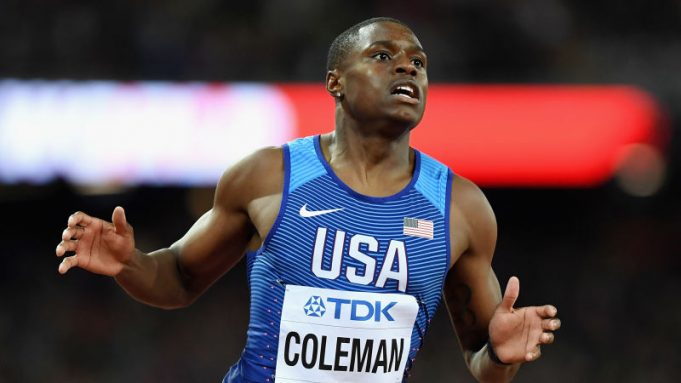
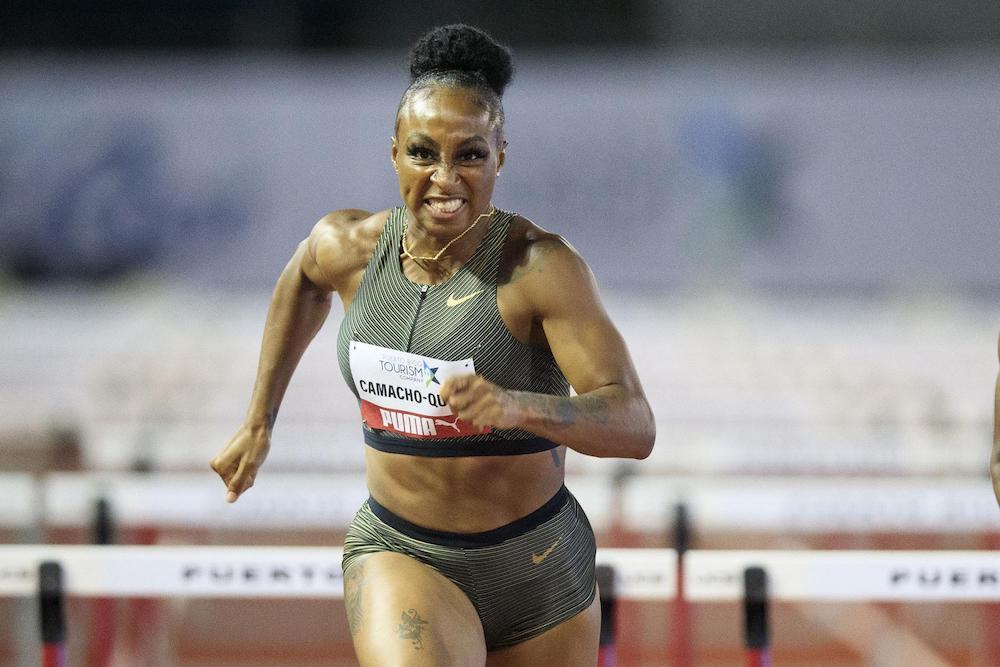
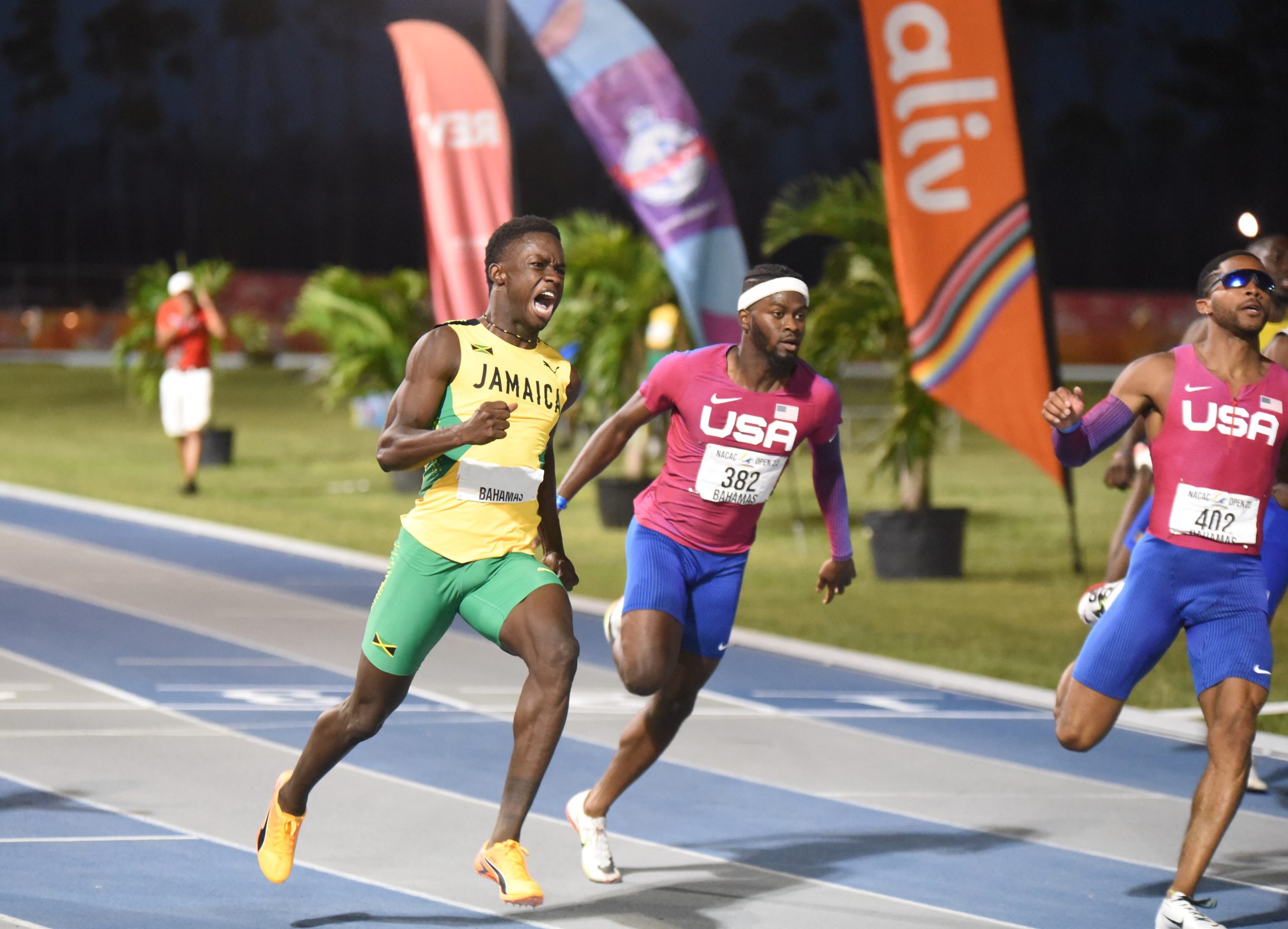
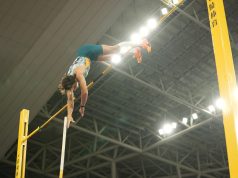




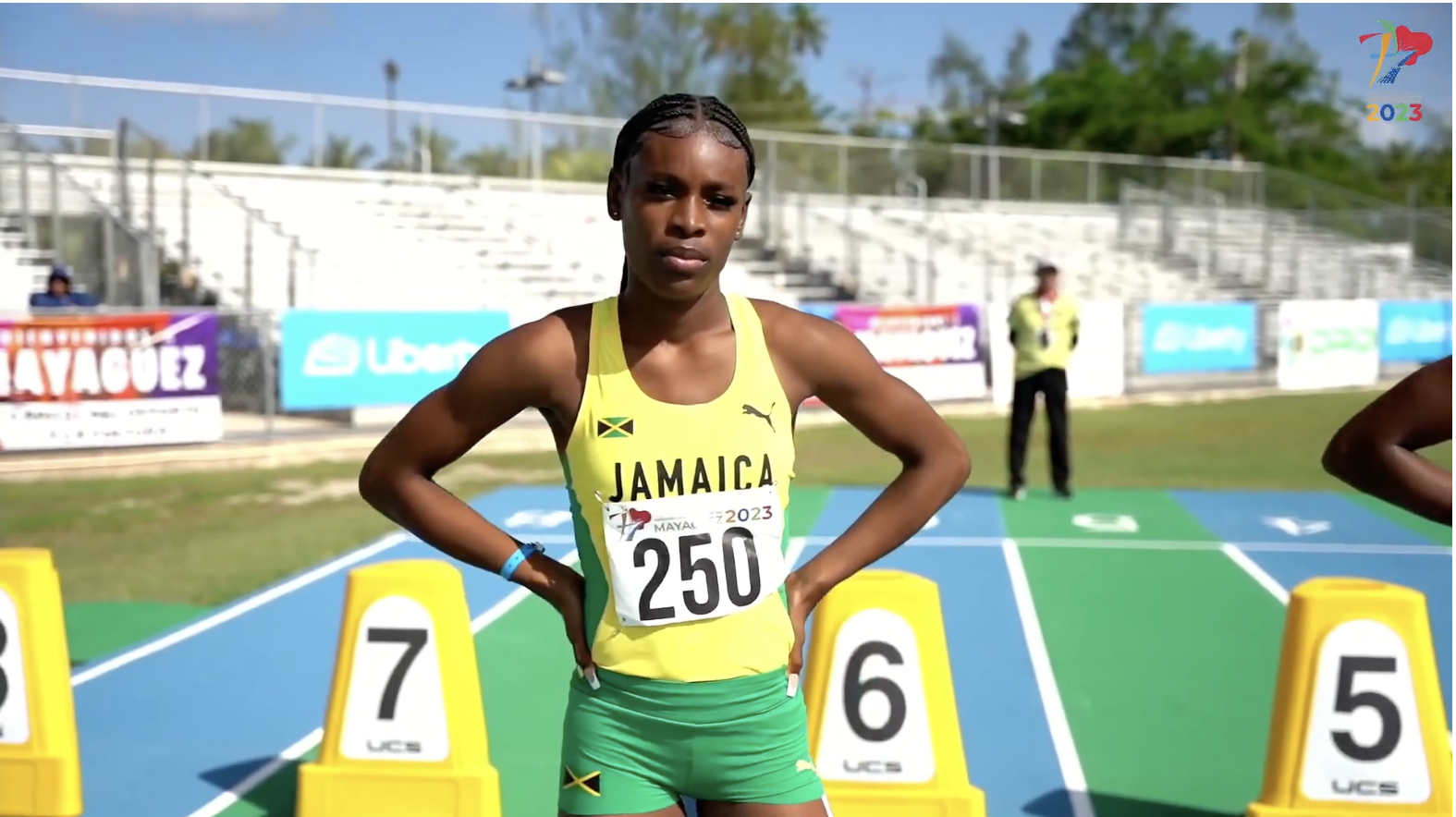


As usual Americans always get a pass
He acts like he is bigger than the sport. This was not his first time. He need to respect the sport
Ik this would happen, Smfh. So a thief should call and telling you he is coming to rob your home . 😂🤣🤣🤣
Kmt ok so they should have call him before they got there too right the don’t owe them a call before after or in between that would defeat the purpose of testing an the athletes know this
He should have been stripped of his title. I have no sympathy for cheaters.True!
Imagine if he was a Jamaican. Kmt! They always tryna pin it on us and it’s always the American sprinters . Ban them like Russia 🤣🤣🤣
should be perma banned these US sprinters are blatant drug cheaters, how can so many of them test positive for drugs at such a high rate, so,etching ain’t right.
Don’t know why these Americans love to cheat the games I am so over them
A the Miss 10.72 next remember I talk it here
American sprinters does a lot of things and get away with it , i’ve seen Gatlin stepped into Usain Bolt lane in the relay and he was not disqualify .I have seen American sprinter fall started in the race and he was not taken out of the race , American sprinters need to be treated just like any other sprinterer from any other country .
And look how they did poor Brianna Williams for pills she took for a cold…..American privilege I tell u😒
Even if he is not a cheat, I wouldn’t be impressed even if he broke the sprint world records. Discipline is what matters. Show up and prove you are clean, if you are.
I think USAIN bolt should get another chance LOLOLOL DWLDWL
Cecil George Morgan agree
Taking his cue from Gatlin so look out he’ll be cheating again no shame
We all knew where this was going. Next!
Sounds very much like a case of “Playing the long game” …..Sit out 18months followed by a lifetime benefit of whatever it is he is/was running from….if he’s clean, quit playing games and get tested!!!
Very disappointing.😠
As usual special treatment for American athletes
If anyone thought that Christian Coleman was going to serve out his entire suspension haven’t been paying attention to the USATF doping cases since the 90’s.
I didn’t want to believe this when a first heard it but Ben Johnson said “Any and every athlete running faster than 9.79sec is doping”. His statement has turned out to be true with every athlete except one.
@beearh nobody’s clean …
This guy really doesn’t care. That’s clear to see because he gets away with a slap on the wrist everytime. It casts a shadow on him.
Athletes are human too. What if Coleman had a bad case of diarrhea at the time of the visit? He might be home but stuck in the john.
@bigef So each time they visit he has diarrhea? He missed three-four drug testing!
@nicky_focus all I am highlighting is that there could be valid reasons for missing any visit. You can’t just go knock on anybody’s door, and if he/she doesn’t answer mark it as a miss. Shouldn’t there be attempts or a note left for him to go and report himself?
This guy got banned when there are no track meets being kept
He shouldn’t be allowed to compete when he misses multiple drug testing!
@nicky_focus 👏👏👏
All i.have to say if he was from another country he would get a lifetime ban
@thereal_krissyb like in Kenya
I cannot sympathize with Coleman. You were on your last strike yet you continued with the negligence. THEY ARE NOT ReQuired to call.
@barracks_rd exactly! Obviously he didnt care.
So is he back now or ?
Looks like it started in May of 2020 so he will be eligible in November.
Oh no… i am so surprised
Fortunately he is from USA
What from the USA have to do with CAS decision? Come on you people need to be real
Burns me up!🙄!